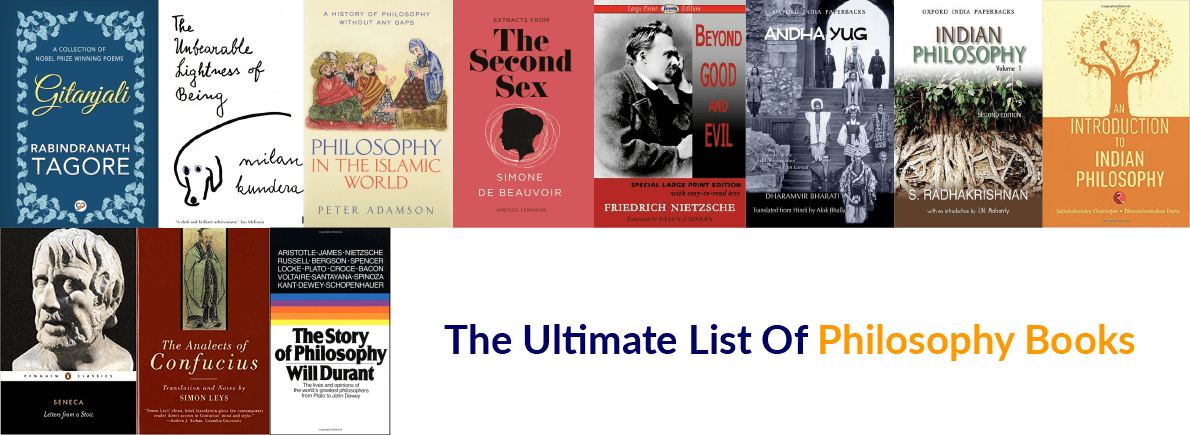
William James, in Pragmatism, said, “Philosophy is at once the most sublime and the most trivial of human pursuits.” It encompasses almost every aspect of human life, yet, many of us question its relevance. It is necessary to analyse not only our experiences but also to understand the arguments put forth by others. We confront the world on a daily basis, but without knowing views different from ours, there is little chance of flourishing. This is a comprehensive list of philosophy books that will give you an overview of philosophy- from what it is to its history, from nihilism to Taoism, from feminist philosophy to Islamic, and from philosophy in fiction to that in poetry.
01
WHAT IS PHILOSOPHY?
Literally meaning ‘love of wisdom’, philosophy is our way of questioning life and relationships. Perhaps, the most comprehensive book to read for developing a strong foundation of philosophy is The Story Of Philosophy by Will Durant where the author outlines the ideas of many prominent philosophers like Socrates, Plato and Nietzsche, and explains how one philosopher’s ideas influenced the others. However, if you find it overwhelming, pick up Looking At Philosophy by Donald Palmer, which uses humour to explain philosophy without trivialising its importance. Alternatively, to get an understanding of why philosophy isn’t perfect, read The Problems Of Philosophy by Bertrand Russell, which will give you a deeper understanding of the subject by provoking a reflective debate on philosophy’s problems.
02
HISTORY OF PHILOSOPHY
Philosophy has been around since the dawn of civilisation. It was an outcome of religion but has gradually shifted focus to ethics, language, and the meaning of life. One of the best philosophy books on the evolution of Western philosophy is A History Of Western Philosophy by Bertrand Russell, which traces Western philosophy from the Pre-Socratics up to early 20th Century. If you want to know more about Indian philosophy, then pick up Indian Philosophy Vol I & Vol II by S. Radhakrishnan. They are comprehensive books on Indian philosophy, providing information on everything from the hymns of Rig Veda to the theism of Ramanuja, that brilliantly demonstrates the connection between philosophy and religion. Meanwhile, A Short History Of Chinese Philosophy by Yu-Lan Fung introduces you to Chinese philosophy- from Confucianism to Taoism and their significant influence on the world.
03
WESTERN PHILOSOPHY – STOICISM
Stoicism is a philosophy of personal ethics- it relies on logic. Stoics believe that in order to be happy, you have to live in the present without being controlled by pleasure or fear. Popularised by Marcus Aurelius, Zeno and Seneca, stoicism teaches that everything is rooted in nature and inner peace. For example, Meditations is a collection of Marcus Aurelius’ reflections and thoughts during his time as a ruler as he tried to make sense of the world. Written as letters to his friends, Letters From A Stoic by Seneca gives practical philosophical guidance on education, wealth, poverty, success and failure. As per stoicism, virtue is the ultimate goal, and material things are secondary. Nicomachean Ethics by Aristotle is a fine work which argues that in order to be happy you have to undertake ‘activity of the soul in accordance with virtue’, which includes both moral and intellectual virtues.
04
WESTERN PHILOSOPHY – MODERN
Modern western philosophy mostly deals with empirical thinking and analytic philosophy. Niccolò Machiavelli’s The Prince gives bold advice on governing principles, emphasising the importance of action over ideals when it comes to politics. This book effectively set the tone for modern political philosophy. Modern western philosophers also moved away from idealism and religion. Nietzsche’s Beyond Good And Evil critiques Christian morality, discusses human nature and explores good and evil. Modern philosophy was also more concerned with developing a rational foundation for knowledge. Immanuel Kant’s Critique Of Pure Reason tries to explain the importance of reason and its relationship with the human experience by combining rationalism with empiricism.
05
WESTERN PHILOSOPHY – CONTEMPORARY
Beginning in early 20th Century, contemporary philosophy is marked by the increasing professionalisation of the discipline coupled with the rise of analytic and continental philosophy. However, certain philosophers continued to work outside the profession even though this may have affected how seriously their contribution was taken. Based on his experience at a Nazi concentration camp, Viktor Frankl’s Man’s Search For Meaning portrays the importance of learning that while we don’t control our circumstances, we have control over our attitude towards them and that man’s primary motivation is to find meaning in his life. Feminism too made a raging appearance in contemporary philosophy. Through depictions of women in western culture in The Second Sex, Simone de Beauvoir raised questions that remain vitally relevant even today. Questions relating to existentialism followed next, engulfing people in an obsessive need for a fulfilling life and free will. One of the best philosophy books on the subject, Being And Nothingness by Jean-Paul Sartre is a perfect example of the mid-1900s philosophers’ thought processes on existentialism.
06
EASTERN PHILOSOPHY – INDIAN
Indian philosophy has had a massive impact on the world. A good first book on Indian philosophy would be An Introduction To Indian Philosophy by Satishchandra Chatterjee which explains how, contrary to popular belief, Indian philosophy is not synonymous with Hindu philosophy. Having said that, many Hindu texts like the Gita and the Vedas form a critical part of Ancient Indian philosophy and our understanding of it would be incomplete without understanding the basics of these texts. The Upanishads by Swami Paramananda is perfect as it gives you a basic idea of Ancient Indian philosophy without overwhelming you. While earlier, we seemed to have been more concerned with the liberation of the soul, the modern Indian appears to be more concerned with the monotony of life and increasing societal pressures. Freedom From The Known by Jiddu Krishnamurti explores how we can gain freedom from these concerns.
07
Eastern Philosophy – Chinese
East Asian philosophical thought began in Ancient China and saw the rise of the major schools of Confucianism and Taoism. In fact, most of Chinese philosophy is based on Confucianism. The Analects by Confucius is an obvious read, dealing with the government and how government officials can be made more ethical. While Confucianism focusses on the public sphere, Taoism is concerned with the personal. Lao Tzu’s Tao-Te-Ching will teach you how to live a harmonious and well-balanced life. Stepping away from both these theories and perhaps, one of the most popular books in the world with a widespread application is Sun Tzu’s The Art Of War. Written as a guiding point for military warfare in the 6th Century B.C.E. it is now often used for developing a business strategy.
08
Eastern Philosophy- Arabic
Arabic philosophy typically discusses the divine connection between the soul and God. Avicenna is the most familiar figure in Arabic philosophy. L. E. Goodman’s Avicenna (Arabic Thought and Culture) introduces us to Avicenna’s thoughts on immortality, logic and poetics. Contrary to popular belief, Arabic philosophy is not predominantly Islamic philosophy. In Philosophy In The Islamic World, Peter Adamson covers both Jewish and Christian philosophy in addition to Islamic philosophy to showcase the span of Arabic philosophy and how it isn’t limited to only Islamic philosophy. Interestingly, he focused on women thinkers as well.
09
Philosophical Fiction- Prose
Philosophy in fiction is all about using fiction as a device to break down complex philosophical ideas and make them more accessible. Many notable fictional works are heavily based on morality, the nature of souls and other philosophical fields. Ostensibly a spy novel, Shibumi by Trevanian has deep philosophical underpinnings as it details the protagonist, Hel’s determination to achieve shibumi (effortless perfection)- even as he is drawn back into his old life as an assassin. Love and sex are important themes in Milan Kundera’s The Unbearable Lightness Of Being through which he posits that even though love holds much significance for humans, it is actually fleeting in reality and could be nothing more than a string of coincidences. A mix of philosophy and mystery is seen in Sophie’s World by Jostein Gaarder where a young Sophie is introduced to the world of philosophers when she starts receiving anonymous postcards and uses the knowledge she gains to question the meaning of life. Interestingly, this book will also expose you to the thoughts of philosophers from across the world and history.
10
Philosophical Fiction- Poetry
Poem and philosophy can be considered one soul and two bodies, with overlapping ideas of existence, death, and love. The relationship among man, God and nature is the basis of almost all philosophical poems. The Nobel Prize-winning Gitanjali by Rabindranath Tagore is a splendid collection of such poems with a focus on mysticism and our connection to the divine. Rumi’s works like Masnavi (Maṭnawīye Ma’nawī), a collection of mystical poems that share wisdom about the universe and the transformation of the soul, is an introduction to the philosophy of Sufism. Turning to the west, William Blake’s Songs Of Innocence And Of Experience, a two-part collection, questions and criticises corrupt societal practices and the philosophy of Enlightenment.
11
Philosophical Fiction- Drama
Starting with the Ancient Greeks, the influence of philosophy on drama is evident. A classic example of this is Antigone by Sophocles, which showcases an individual’s dilemma when they are caught between what they believe to be ethical and what is expected of them as loyal citizens of a country. We see philosophy in Indian drama as well- a case in point is Andha Yug by Dharamvir Bharati. Based on The Mahabharata, the focal philosophical point of the play is to depict the plight of humans who succumb to emotions such as revenge and blind love instead of deferring to wisdom. Ayn Rand also turned to drama as another medium to explain her philosophy. In Night Of January 16th, she explains Objectivism against the background of a murder trial and shows the conflict between individuality and conformity.
Have you read any of these philosophy books? Would you add any other philosophy books to this list? Let us know us in the comments.


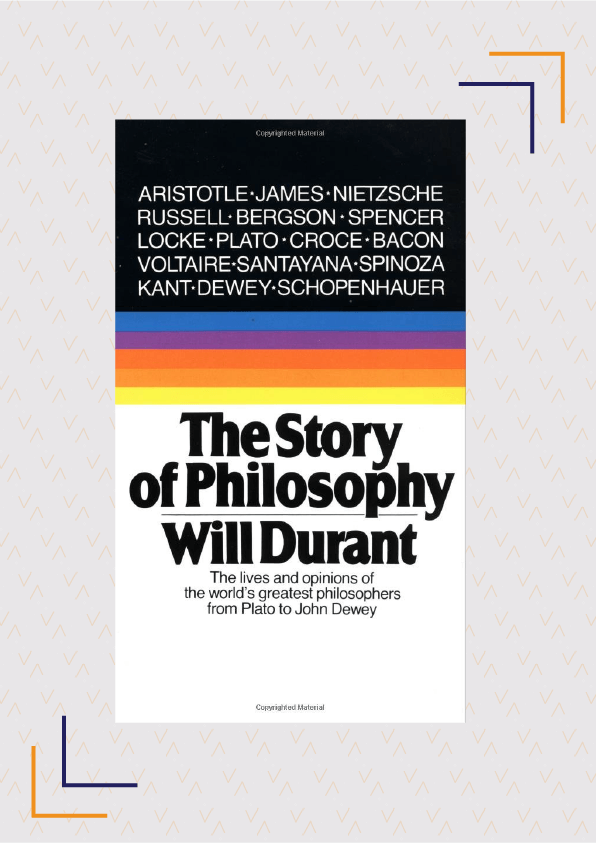
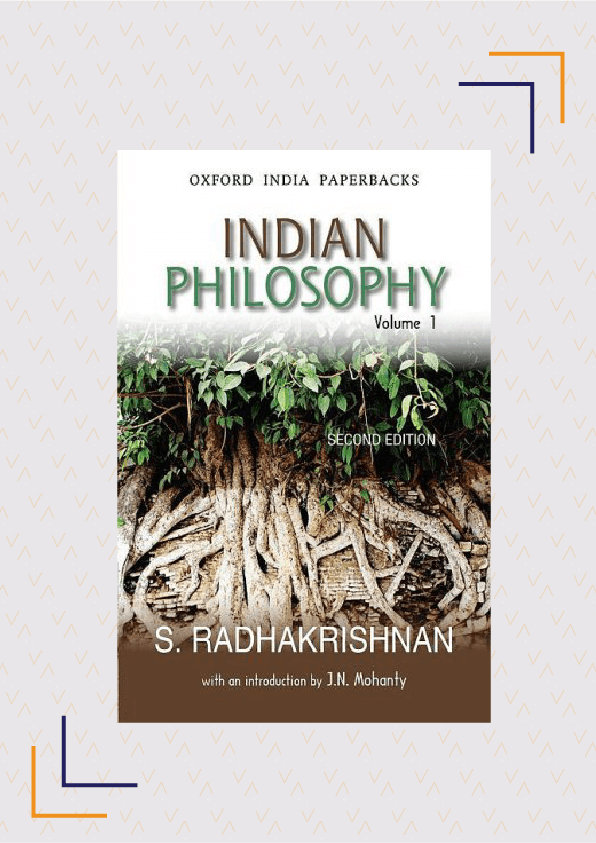
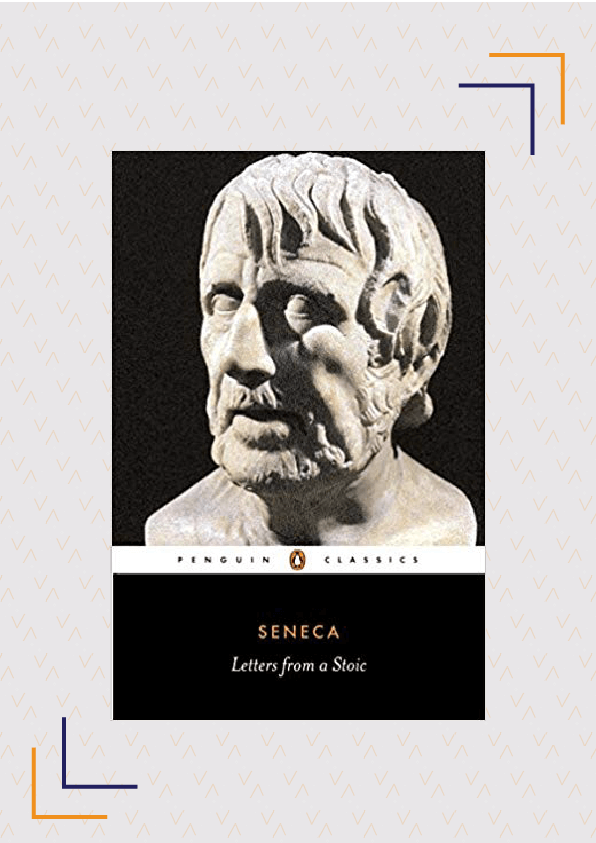
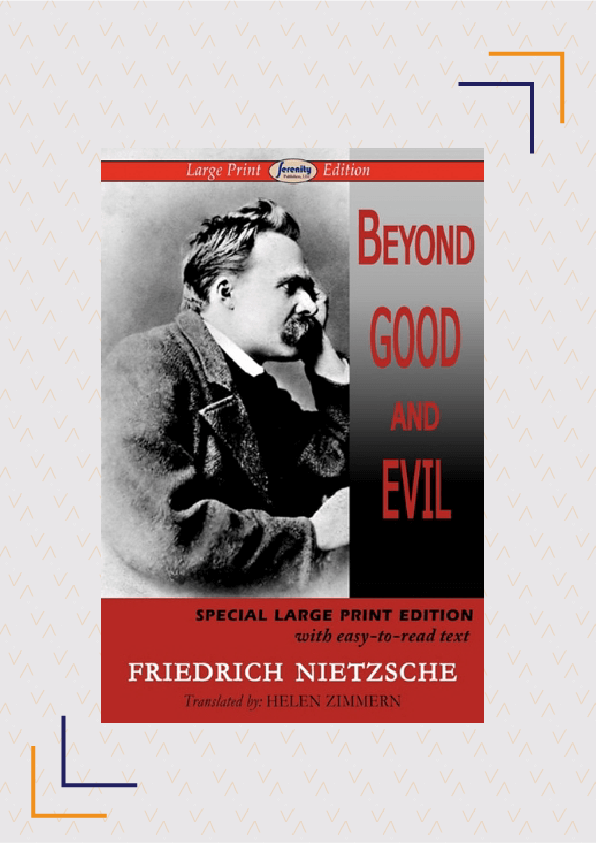
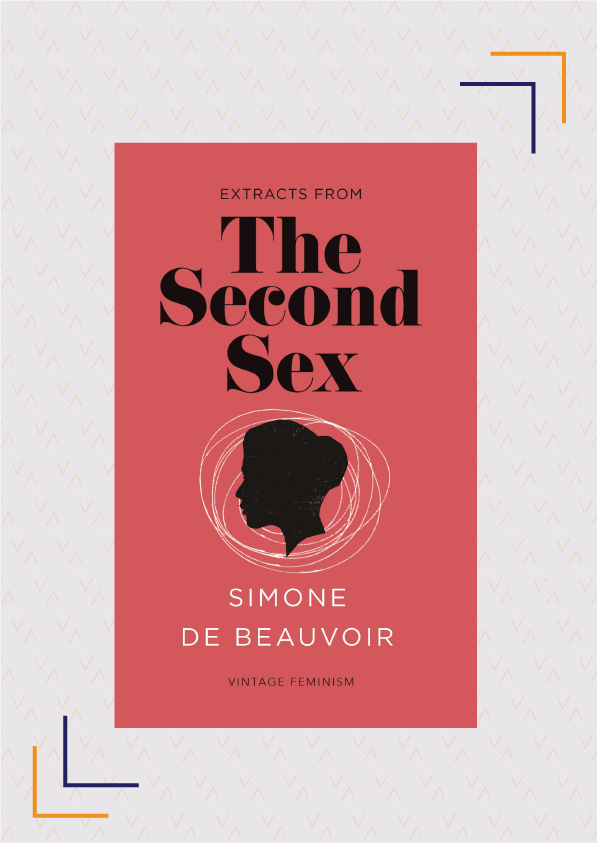
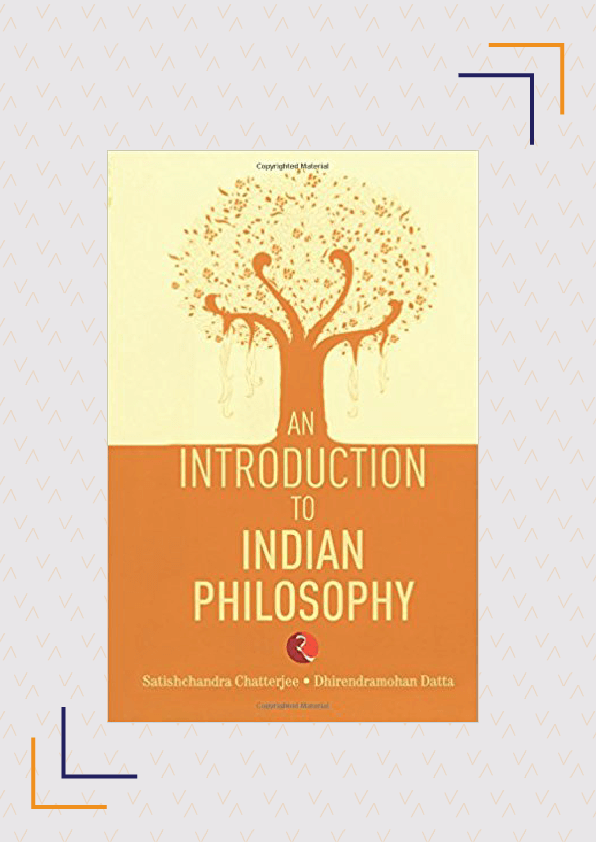
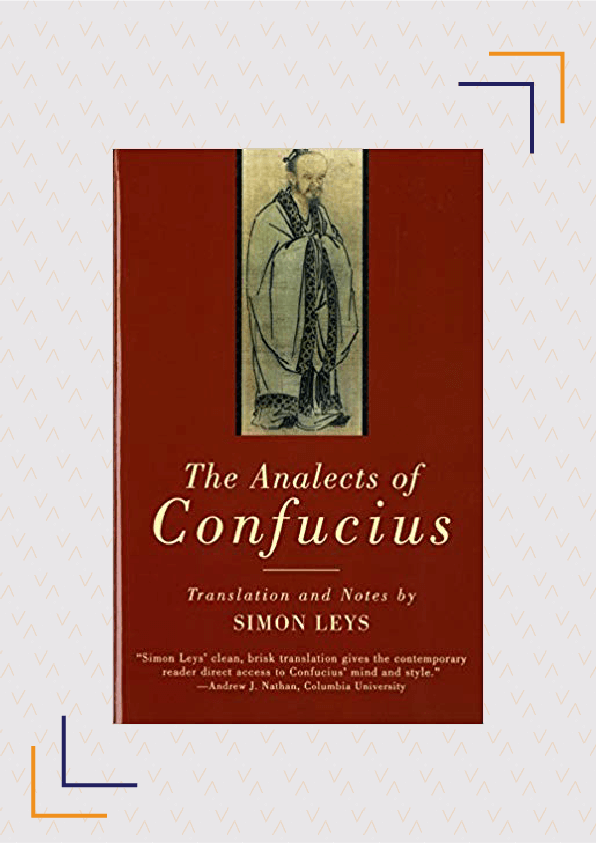
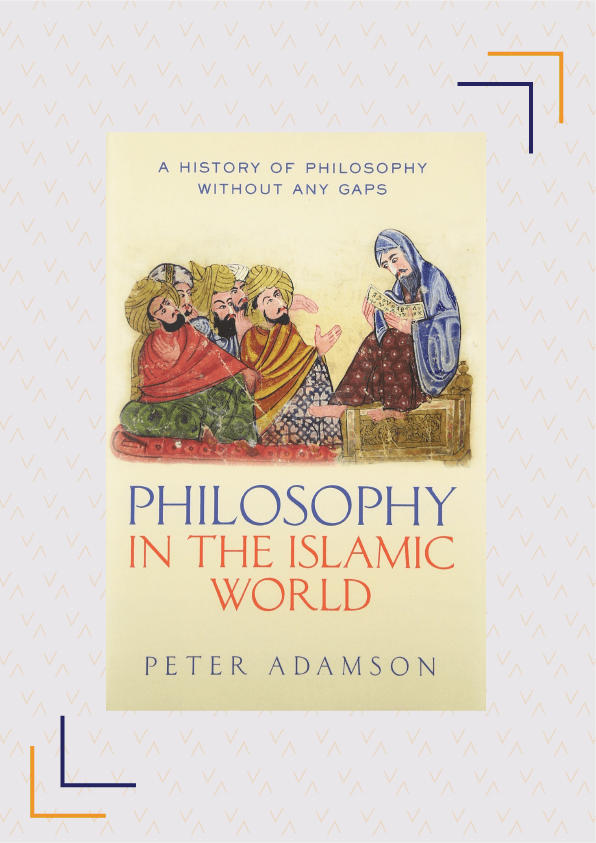
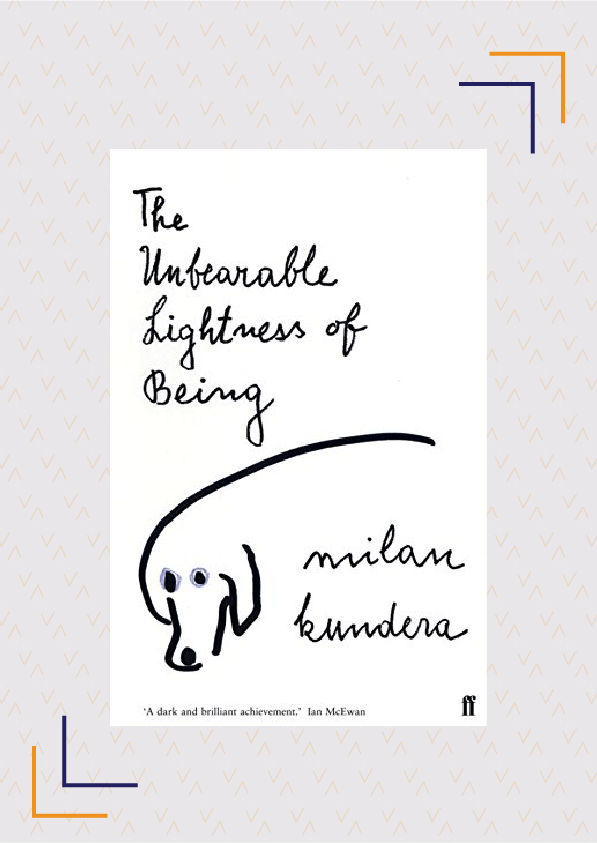
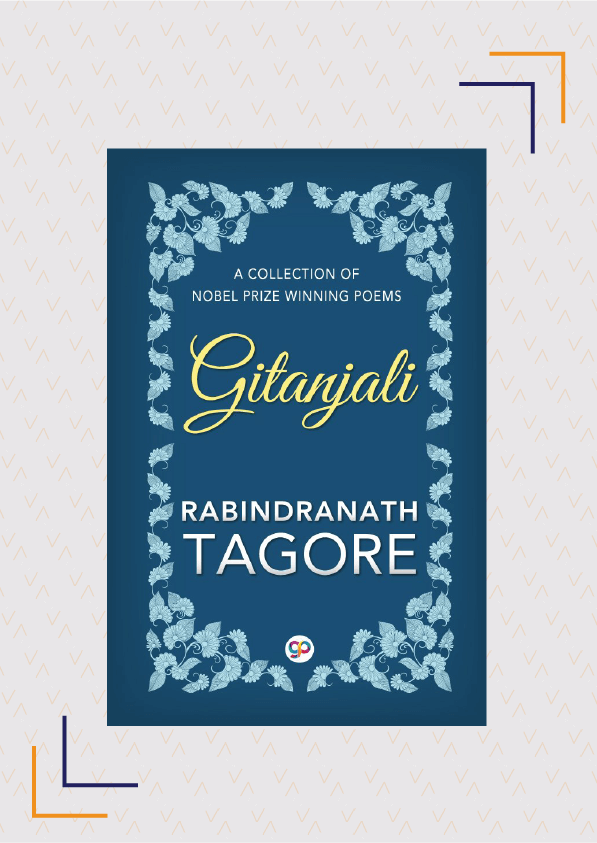
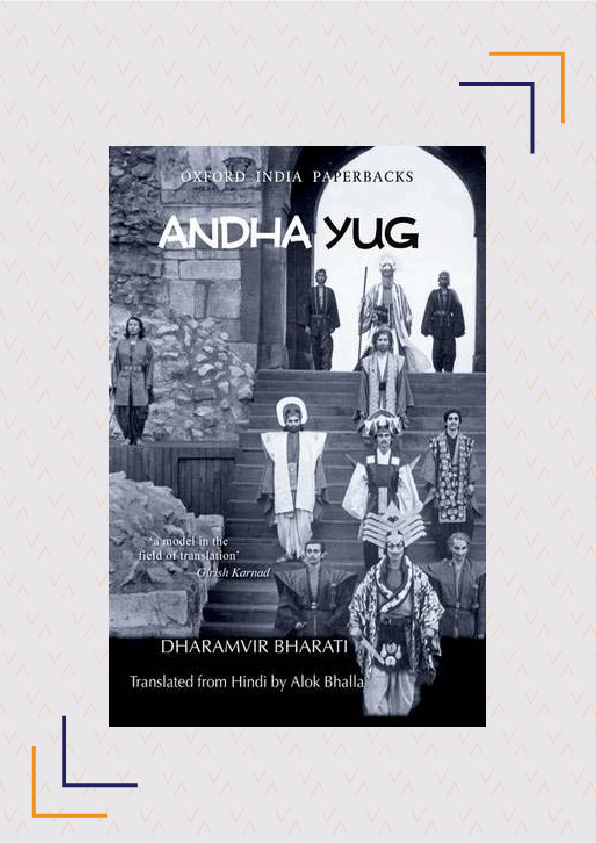


Sophie’s World is children fiction that deals with Western Philosophy. The book is written by Jostein Gaarder. It is an amazing blend of fantasy and philosophy and a really good way to introduce teenager to philosophy.